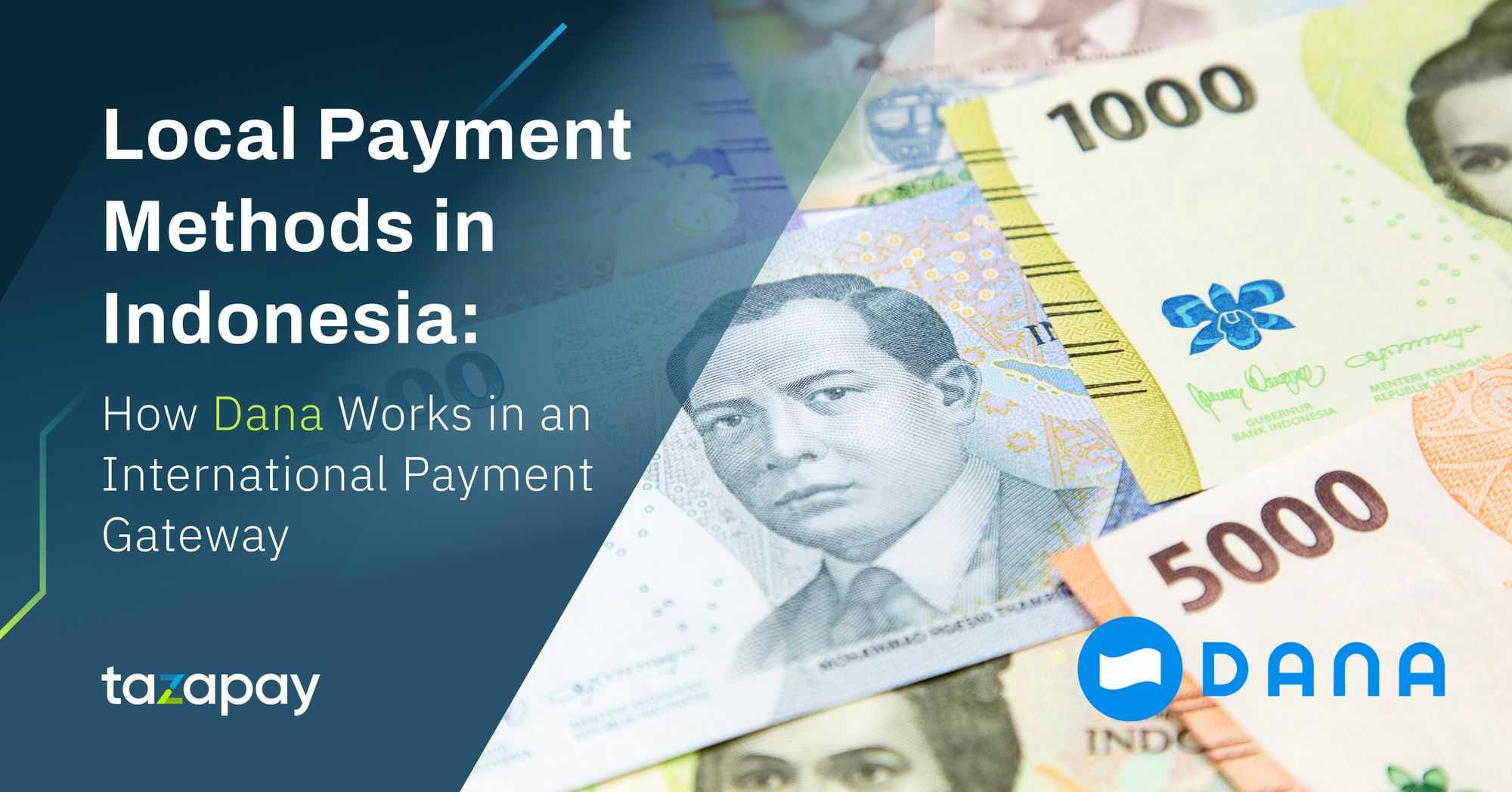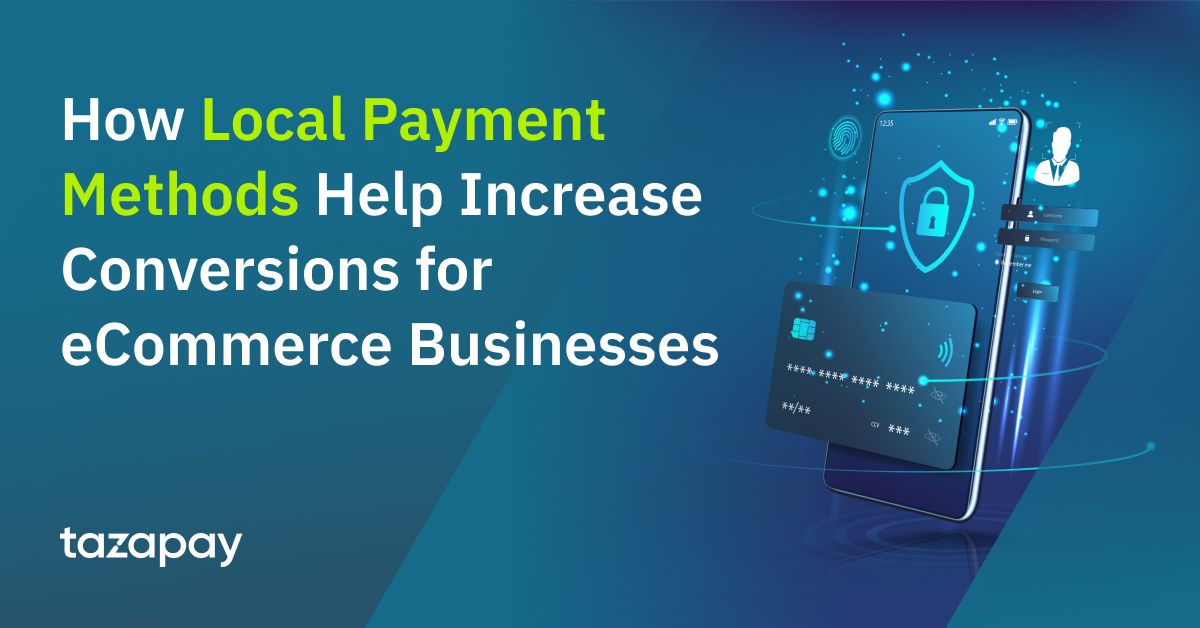- Home
Blog Blog
Payments Resources Payments Resources
Digital Security: An Important Step Towards A Cashless Economy
Digital Security: An Important Step Towards A Cashless Economy

The evolution of a country’s economy is reflected in the efficiency with which the business is conducted and the security systems that have been put in place when it comes to payments between consumers and businesses or between business enterprises. This evolution is essentially a movement towards fast, secure, and cashless transactions. Add technological development, mobile and online banking systems, digital payment and escrow systems, and a proliferation of mobile devices and we seem to have just the right mix. The one aspect that is paramount, though, if the country’s transition to a cashless economy is to be successful, is that of digital security.
Digital payments have become important, particularly for Small and Medium-Sized Businesses (SMBs) that conduct cross-border business and trade. Digital escrow platforms like Omoney make such transactions easy and secure by minimising risks.
What is escrow and how does it work?
Escrow service providers are essentially business and financial transaction facilitators. They are third-party intermediaries that help the seller and the buyer complete trade deals smoothly. The buyer’s funds are held in secure escrow accounts by the service provider. This proves the buyer’s ability to pay and the availability of funds. Once the seller completes the terms of the trade or business agreement and ships out the goods, the escrow service provider transfers these funds into the seller’s account.
This makes trade practices clean and reliable, making business dealings, particularly international trade smooth. While escrow service providers such as Omoney do offer several allied services such as providing research information about the seller or buyer and helps in dispute management, they are not involved in conducting the business negotiation or finalising the details of the deal itself.
Escrow fees and digital security
Since high-value funds are held in these third party escrow accounts, it stands to reason that the level of digital security in these accounts must be high. Digital escrow platforms thus come equipped with the highest levels of financial and tech security.
You might then wonder How much is the escrow fee? . It differs from platform to platform based on a number of parameters such as the amount that a transaction involves. The escrow fee is set at 1.8% with a cap of USD250. This may be borne by the buyer, seller, or shared – depending on the terms of the trade deal or contract between the two parties.
Role of digital security
Most escrow service providers function within set geographic limits or in particular countries. Omoney, for example, provides services to sellers in Singapore, Malaysia, Thailand, and India and buyers anywhere in the world. This means that buyers from these countries can fund the escrow account with local currency from domestic accounts. This makes it extremely important to use banks, online platforms, and technology that facilitate secure digital communication and transactions.
What to look out for
While setting up your MSME account with domestic banks or when transferring funds into your escrow account, you may want to check into the bank’s focus on digital payment and security systems. While enlisting the services of an escrow service provider, it is important to learn more about the regulatory authority that the service abides by. Omoney works under the regulatory framework of the Monetary Authority of Singapore (MAS) and is powered by Rapyd, which is an institution licensed and regulated by the MAS. All funds transferred into Omoney’s escrow accounts are held in licensed banks in Singapore and guarded by the best of digital security measures.
With the advances made in financial technology, banking systems, and digital payments, cashless trade and business processes have become the norm rather than the exception. In a fast-evolving world, however, high-level security measures need to be put in place by both the banks and financial institutions and by escrow service providers. This is the way ahead for businesses looking to expand their trade beyond domestic confines.
Category

Payments Resources
Digital Security: An Important Step Towards A Cashless Economy
Related Articles

Local Payment Methods in Indonesia: How Dana Works in an International Payment Gateway







